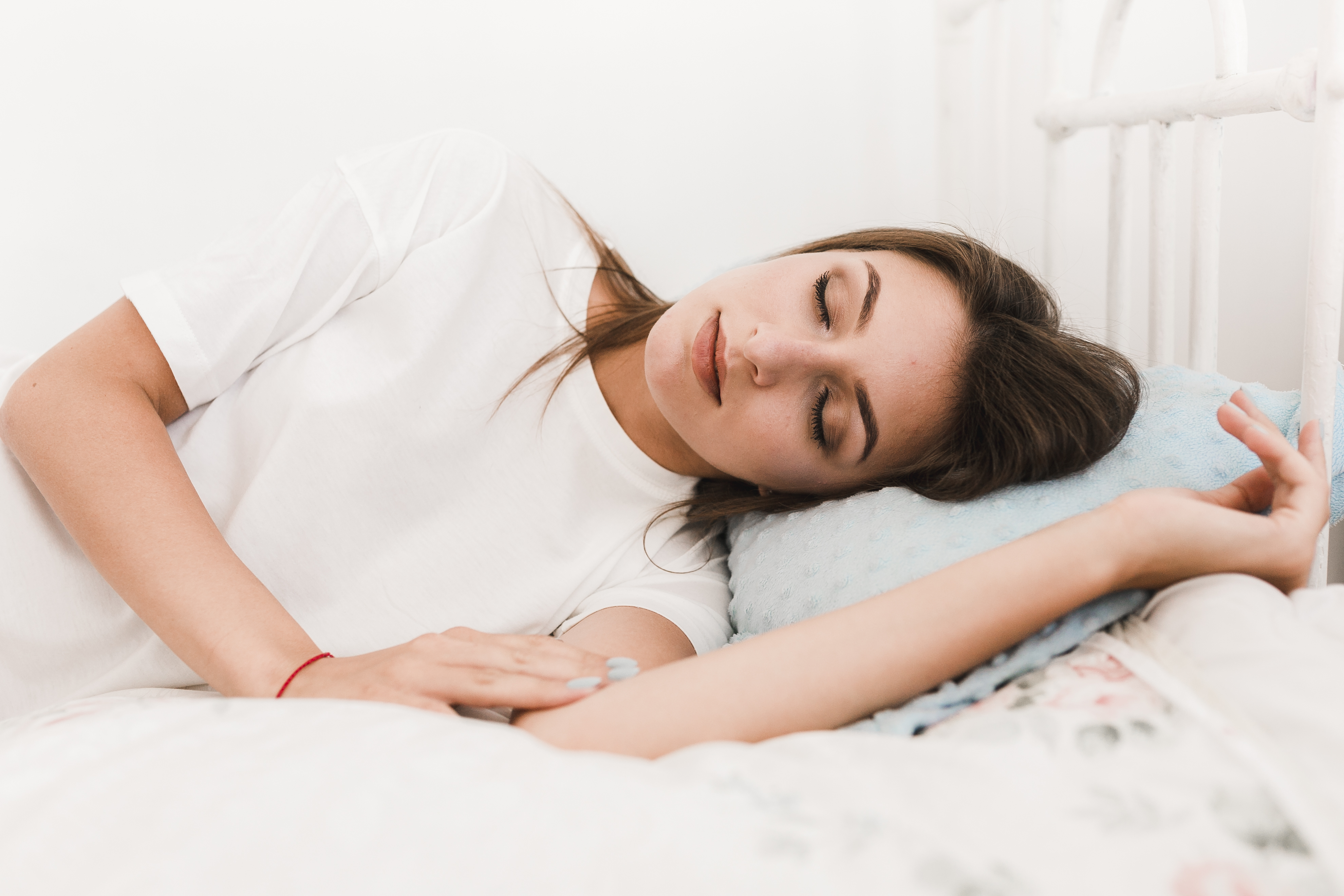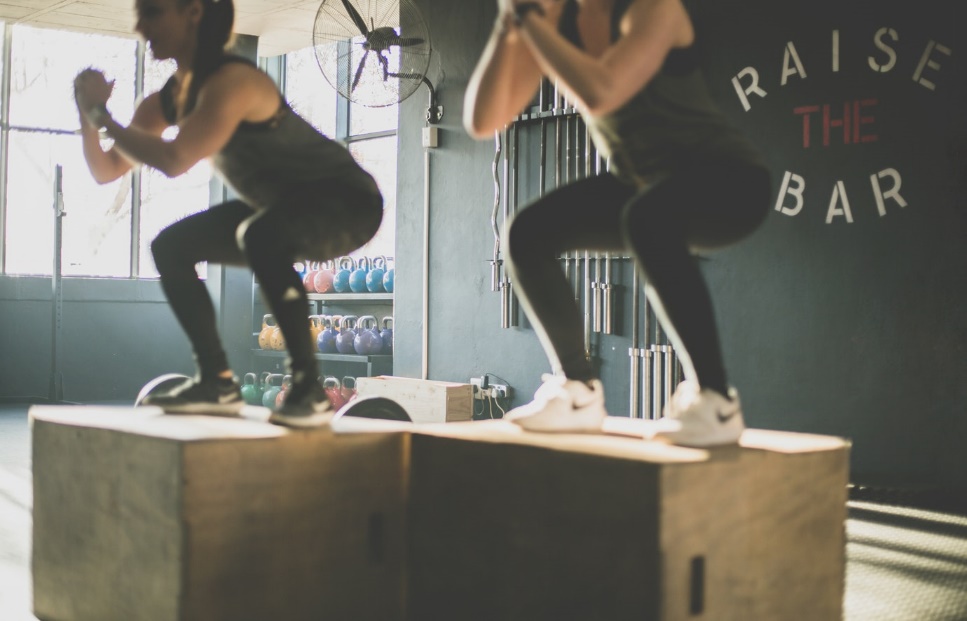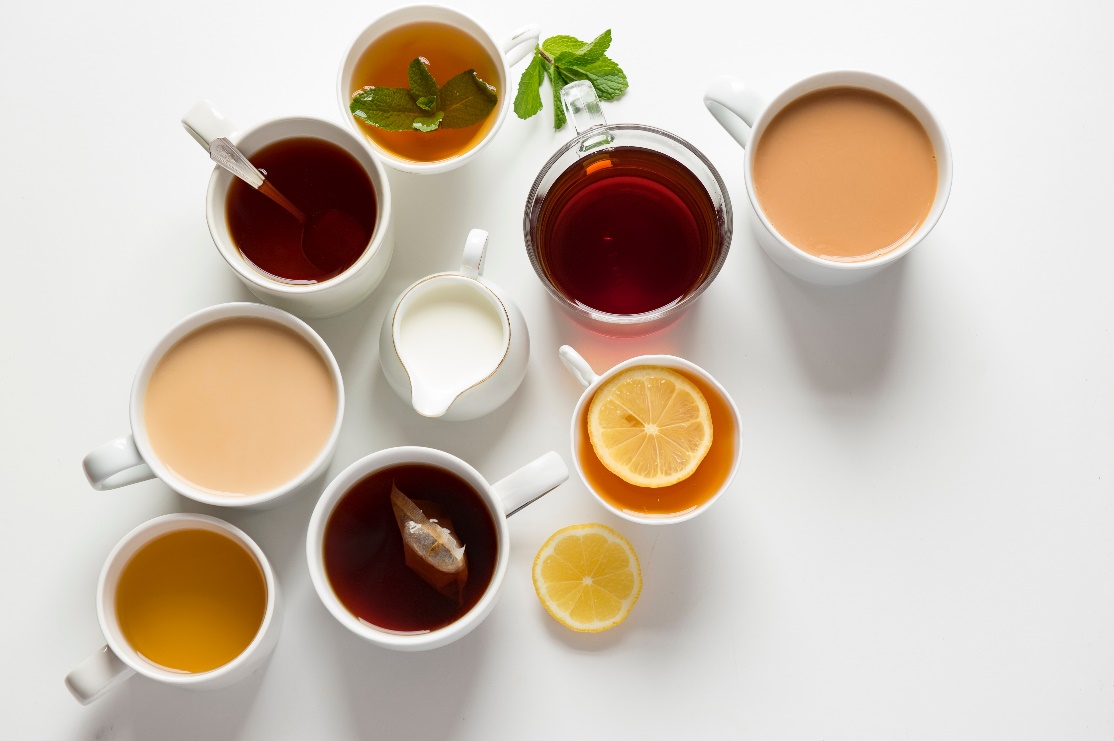
Just like eating healthy and getting enough exercise, sleep is a crucial part of maintaining a well-balanced lifestyle. Sleeping is far more important than we think. It is an active period in which a lot of important processing, restoration, and strengthening occurs and can greatly affect our health in many ways.
Why do we need sleep?
Improved concentration and productivity
A night of good night sleep is essential for various aspects of brain function during the day. A lack of good sleep affects cognition, concentration, productivity and performance.
Healthy Metabolism
Poor sleep habits can affect blood sugar and also reduce insulin sensitivity.
There is growing evidence that a lack of decent sleep has a significant impact on metabolism. Laboratory studies have clearly shown that sleep deprivation can alter the glucose metabolism and hormones involved in regulating metabolism.
Sleep improves the immune system
Just what the doctor ordered. Getting at least 8 hours of sleep per night has proven to improve the immune function and can even help fight common colds.
Poor sleep can be linked to depression
It has been estimated that 90% of people with depression also have trouble sleeping or are somewhat sleep-deprived. The same can be said when you look at it the other way around where those with sleeping disorders like insomnia or obstructive sleep apnea also report significantly higher rates of depression than those without.
Heart disease and stroke
Sleep quality and duration has a major effect on many health risk factors that are believed to drive chronic diseases, including heart disease. When you get a normal amount of sleep, your blood pressure goes down. So as expected, a lack of sleep means your blood pressure stays higher for a longer amount of time. High blood pressure is one of the leading risks for heart disease and stroke.
Fewer wrinkles
The skin repairs itself during sleep, it produces collagen which prevents sagging. The more collagen your body has the plumper your skin will be and less likely to wrinkle and require skin tightening in the future. Getting only 5 hours of sleep can significantly reduce the amount of collagen your body produces compared to 7 hours.
How much sleep do we need?
According to the National Institutes of Health, the average adult sleeps less than seven hours per night. Nowadays, people get by with a lot less sleep than that. And although you may think that you are getting by just fine on less than seven hours of sleep, the reality is that it’s a recipe for you to be a victim of the above-mentioned consequences of a lack of sleep.
Seven to nine hours of sleep has proven to be optimal for adults.
Simple habits to improve sleep at night
Schedule it
The internal clock is an actual thing. You will find that those individuals with great sleeping habits, mostly go to bed at the same time each night on a continual basis. Your body is dependent on its own regulatory system called the circadian rhythm. This internal clock cues your body to feel alert during the day and then wind down and become sleepy and tired at night.
Say no to long naps
Although sneaking in a quick nap in the afternoon seems like the perfect booster to get you through the rest of your day, napping for two hours or more can negatively affect your sleep quality at night.
A study even found that adults who frequently took long naps during the day were more prone to lower physical activity, show a higher chance of depressive symptoms and are also more likely to be overweight.
Bear in mind that the keyword here is long naps. The Mayo clinic suggests in an article about napping, that keeping around 20 minutes can increase alertness, improve your mood and improve performance, including quicker reaction time and better memory. Taking short naps is unlikely to affect your sleep during the night, but remember, don’t go over 2 hours no matter how tempting it can get.
Get enough exercise
It is a very well known fact that exercise makes the body release endorphins, also known as the “happy hormone” which allows your brain to boost the production of serotonin and, as a result, decrease the level of cortisol, the stress hormone. This will inevitably allow you to be in a greater state of relaxation and can guarantee a better quality of sleep at night.
Also remember that pampering yourself often, is a great way to practice some self-love to calm down both body and mind after a good workout session.

Turn off electronics
This one should not be ignored. According to a study done by sleep.org, The blue light emitted by screens on our mobile phones, laptops, tablets, and televisions restrain the production of melatonin, the hormone that controls your sleep/wake cycle or circadian rhythm. Some even believe that being on social media before bed calms them down, where in fact, it tricks the brain into thinking that it needs to stay awake, leading to a lack of quality sleep.
Read something
Bedtime stories aren’t just for kids. Reading is a great activity to do right before going to bed, it has proven to help people relax and wind down and if you make sure your bedtime routine includes a few pages before you sleep, you will train your body and mind to wind down while reading. Please take note that reading from your Kindle does not count. As mentioned in the previous point, electronics such as e-readers will keep you awake for longer.
Natural foods that promote sleep
Some food can actually help you to sleep better. As mentioned before, where we highlighted the importance of exercising, serotonin is a vital neurotransmitter. Tryptophan is an essential acid found in certain foods that is an essential part of creating the neurotransmitter serotonin, the one that makes us sleep better. Scientific evidence points to the fact that foods that are rich in tryptophan, will help improve the quality of sleep and reduce the number of sleep disturbances.
Tryptophan is found in a lot of foods. These foods will definitely not make you “sleepy” but you can rest assured (pun intended) that the following foods are sure to boost the serotonin ensuring a more relaxed state when sleeping.
Foods that contain tryptophan:
- chicken
- eggs
- cheese
- fish
- peanuts
- pumpkin and sesame seeds
- milk
- turkey
- tofu and soy
- chocolate
- honey
So the next time you plan your dinner, we suggest a soy-sauce and honey-glazed turkey, followed by a nice glass of chocolate milk to round it all off.
As with the food mentioned above, there are also healthy drinks that improve the levels of serotonin that will help you sleep well.
Healthy drinks to optimise your sleep:
- Warm milk
- Green tea
- Chamomile tea
- Passionflower tea
- Valerian Tea
Three go-to recipes for better sleep

Apple Cider Tea
Ingredients:
1 chamomile tea
2 tsp. unfiltered apple cider vinegar
1 tsp. raw honey
Directions
Brew yourself a fresh cup of tea (Chamomile preferably). Mix in the honey and apple cider vinegar. Sip up 30 min prior to bed. That’s all there is to it!
Milky Honey and Nutmeg Drink
Ingredients:
1 glass of milk
2 tsp. raw honey
⅛ tsp. nutmeg
Directions
Warm up the glass of milk and mix the honey and nutmeg in, sip slowly 30 minutes before bed. Perfect for winter nights.
Banana Cinnamon Drink
Ingredients:
1 medium banana, cut into pieces
1 glass of water
1/2 tsp. cinnamon
1 tsp. raw honey
Directions
Blend the ingredients until thick and smooth. Enjoy!
Getting enough sleep during the night is not only necessary for us to function in the day to follow, but it is also absolutely critical when it comes to our overall health and wellbeing. It is just as important.
You may also like
10 Best Sites to Buy Protein Supplements Online
25 Foods That Make Falling Asleep Easier [Infographic]
3 Tips to Get You Sleeping Again [Infographic]
8 Stretches for Your Best Night’s Sleep [Infographic]
